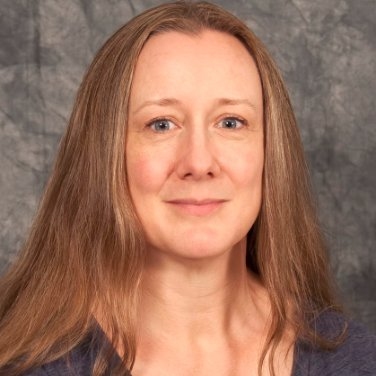
In her testimony, she says that her parents were atheists who preferred the term “agnostic” and that religion played no part in her life as she grew up. Indeed, only three of the people she met by the time she was 25 had identified themselves as Christians. She says:
My view of Christianity was negative from an early age, and by the time I was in my twenties, I was actively hostile toward Christianity. Looking back, I realized a lot of this was the unconscious absorption of the general hostility toward Christianity that is common in places like Canada and Europe; my hostility certainly wasn’t based on actually knowing anything about Christianity. I had come to believe that Christianity made people weak and foolish; I thought it was philosophically trivial.
This is something Dr. Salviander and I had in common. When I was an atheist, I viewed religion as a crutch. It was okay for people who didn’t have the intellectual fortitude to face reality, but for someone who was knowledgeable about science and philosophy, it was absurd. Like Dr. Salviander, I eventually learned how wrong such a position is.
It turns out that we have another thing in common: we are both fans of science fiction. She was heavily influenced by Star Wars and Star Trek, as was I. I still love those shows, although I wish the second installment of the Star Wars movies had never been made. Science fiction, along with Carl Sagan’s television show Cosmos, caused her to know at a young age that she wanted to be a space scientist. Today, she has fulfilled that dream, but she is studying space from a perspective that she didn’t have back then.
What caused that change in perspective? The very science she was studying. As she learned more and more about the secrets of the universe, she became more and more amazed. As she says:
Without knowing it, I was awakening to what Psalm 19 tells us so clearly, “The heavens declare the glory of God; the skies proclaim the work of his hands.”
She even surprised herself when she finally came to the realization that science had caused her to believe in God. For a while, that’s as far as it went. She was happy to study science from the perspective that what she was studying had been designed. However, she didn’t care to experience the Designer in any personal way.
Eventually, she met, fell in love with, and married a Christian. This, by itself, did not cause her to become a Christian, but it offered her a measure of comfort. Then, during a time when she and her husband were separated due to career issues, she ran across a book called The Science of God by Dr. Gerald Schroeder. I read that book myself many years ago and was struck by Dr. Schroeder’s original thinking. More recently, I read his second book, Genesis and the Big Bang. While I disagree with some of his points, I found the book interesting enough to write a two-part review (see here and here). I get the impression that Dr. Salviander agrees with Dr. Schroeder more than I do, which (of course) is fine.
She says that Dr. Schroeder’s book helped her realize that the book of Genesis is the inspired Word of God. As a result, she started investigating other parts of the Bible, including the Gospels. She came to the conclusion that the Gospels are true based solely on the facts. Indeed, she says that her emotions fought against her becoming a Christian, but she was so compelled by the facts that she had no choice but to convert. She says:
Maybe that sounds coldly logical. It did to me, and for that reason, I sometimes worried whether my faith was real. And then I had a chance to find out a couple of years ago.
She goes on to recount three devastating things that happened in her life during a single year. Thankfully, she found out that her faith is quite real, as she credits it for helping her to make it through those tragic experiences.
While her testimony is long, I found it to be riveting. If you have the time, I strongly encourage you to read the entire thing.
